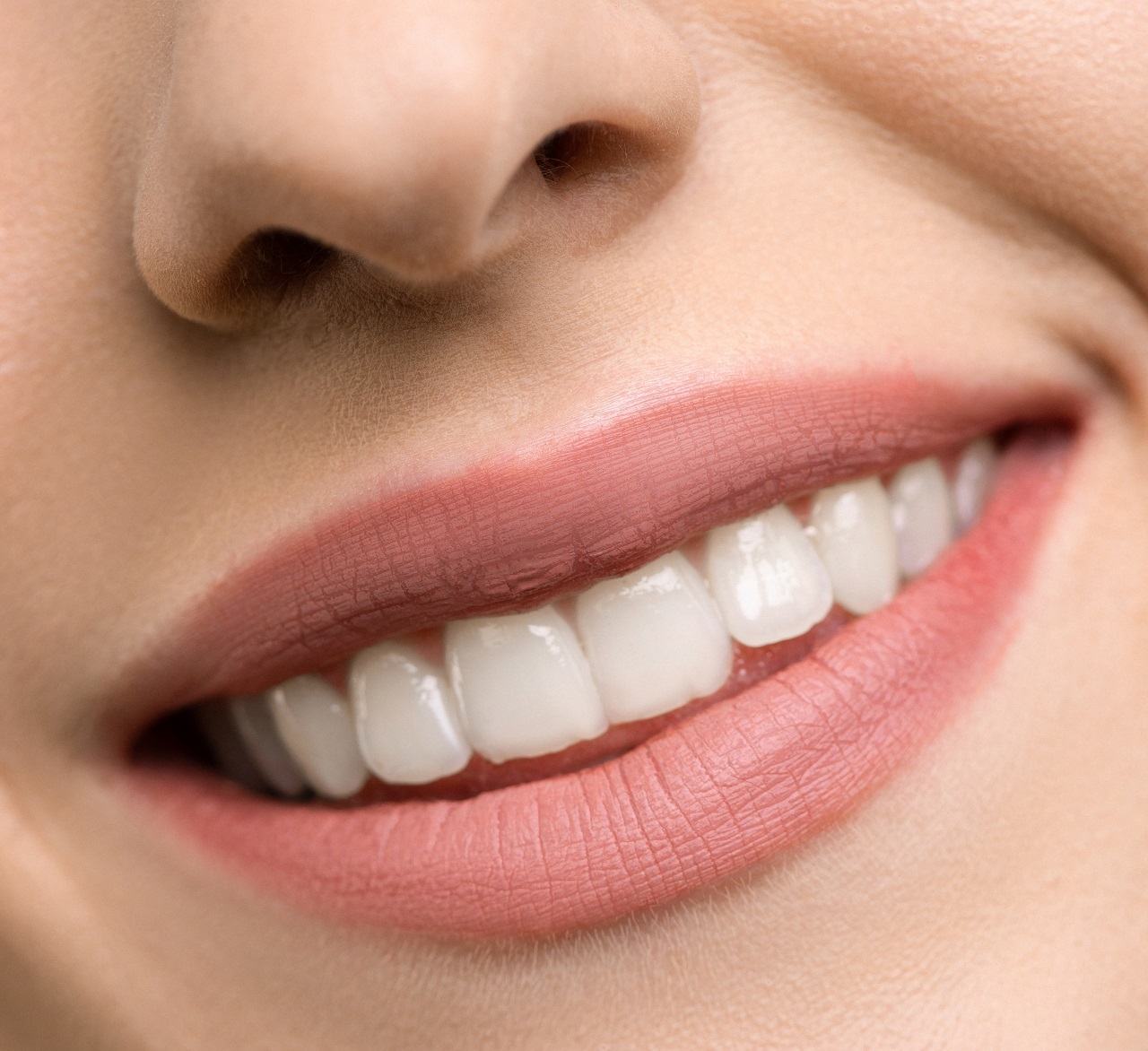To fix calcium deposits on teeth, the most effective solution is to visit a dentist for a professional cleaning and to adopt a regular oral hygiene routine. Calcium deposits on teeth can be unsightly and can lead to more serious dental issues if left untreated.
Taking care of your teeth through regular brushing, flossing, and dentist visits can help prevent and remove these deposits. Taking care of our teeth is crucial for maintaining not only a bright smile but also our overall oral health. However, sometimes we may encounter issues such as calcium deposits on our teeth.
These deposits, also called tartar or calculus, can accumulate over time and appear as yellowish or brownish stains on the surface of our teeth. Not only are they unsightly, but they can also lead to more serious dental problems if not addressed promptly. We will explore how to fix calcium deposits on teeth and the importance of regular dental care to prevent their formation.
How Calcium Deposits On Teeth Form
Calcium deposits on teeth, also known as dental tartar, form from a buildup of plaque. These deposits occur when bacteria in the mouth combine with minerals in saliva. This combination creates a hard, yellowish substance that sticks to the teeth.
Calcium deposits on teeth can be caused by poor oral hygiene, inadequate brushing and flossing, smoking, and genetics. If left untreated, they can lead to gum disease, bad breath, and tooth decay. Removing these deposits requires professional dental cleaning by a dentist or dental hygienist.
Regular dental visits and maintaining good oral hygiene practices can help prevent and reduce calcium deposits on teeth. By brushing twice a day, flossing daily, and using an antiseptic mouthwash, you can maintain a healthy smile. Remember, prevention is key when it comes to dental health.
Prevention Methods For Calcium Deposits On Teeth
Prevention methods for calcium deposits on teeth include practicing proper oral hygiene and getting regular dental cleanings. Maintaining a healthy oral care routine, such as brushing and flossing daily, helps prevent the buildup of plaque and tartar. Regular visits to the dentist for cleanings and exams are crucial for removing any accumulated deposits.
Dietary changes can also promote oral health, such as reducing sugar intake and consuming calcium-rich foods. By following these prevention methods, individuals can minimize the risk of developing calcium deposits on their teeth and maintain a bright and healthy smile.
Treatment Options
Calcium deposits on teeth can be effectively treated using a variety of methods. Professional dental cleaning is a common option that removes plaque and tartar buildup. Microabrasion is another technique that gently removes the top layer of enamel, reducing the appearance of deposits.
For more severe cases, dental bonding or veneers can be used to cover the affected teeth and create a smoother, more uniform appearance. These treatments help restore the natural beauty of your smile and improve oral health. It's important to consult with your dentist to determine the best course of action for your specific situation.
Taking proactive steps to address calcium deposits can lead to a healthier and more confident smile.
Frequently Asked Questions Of How To Fix Calcium Deposits On Teeth
How Can I Remove Calcium Deposits From My Teeth?
You can remove calcium deposits from your teeth by regularly brushing, flossing, and using a tartar-control toothpaste.
What Causes Calcium Deposits On Teeth?
Calcium deposits on teeth are caused by the build-up of plaque, which hardens over time and turns into tartar.
Is It Possible To Prevent Calcium Deposits On Teeth?
Yes, you can prevent calcium deposits on teeth by maintaining good oral hygiene habits and visiting your dentist regularly for cleanings.
Can A Dental Professional Remove Calcium Deposits?
Yes, a dental professional can remove calcium deposits through a process called scaling and root planing.
Will Teeth Whitening Help Remove Calcium Deposits?
Teeth whitening treatments may help brighten the appearance of your teeth, but they won't remove calcium deposits. A dental professional can help address the issue.
Conclusion
To sum up, taking care of calcium deposits on teeth is crucial for maintaining oral health and preventing various dental issues. By following the tips outlined in this blog post, you can effectively address and fix calcium deposits. Remember to maintain a good oral hygiene routine, including brushing twice a day and flossing regularly.
Incorporating a mouthwash specifically designed for calcium deposits can also be beneficial. Additionally, making dietary changes, such as reducing sugary and acidic foods, can help prevent further buildup. If you notice persistent or severe calcium deposits, it is important to consult with a dentist who can provide professional treatment options.
By taking proactive steps to address calcium deposits, you can enjoy a healthy smile and overall oral well-being.

